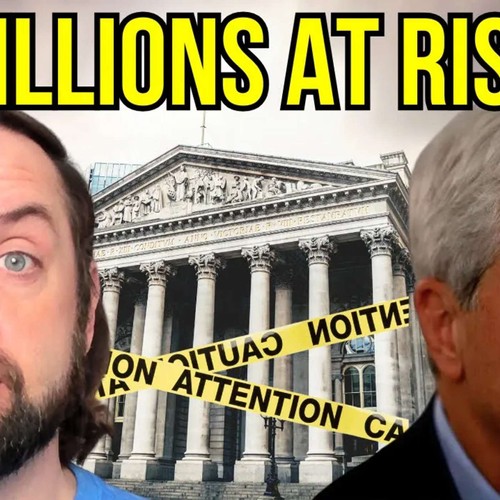
 Eurodollar University
Eurodollar University NEW Report Shows Global Banks Are Dangerously Overexposed to Risk
May 8, 2025
Global banks are teetering on the edge as they're overexposed to risky shadow banking and private credit. With short sellers circling, concerns about the banking system's stability grow, especially post-2008. The shift in U.S. banks towards government bonds reveals cautious behavior amidst a stagnant economy. As loans to shadow banks surge, the rise of private credit lenders raises alarms about potential deflationary conditions. Investment opportunities in gold and silver emerge as a hedge against these uncertainties.
AI Snips
Chapters
Transcript
Episode notes
Banks' Shadow Banking Exposure
- Shadow banks take risks regulated banks avoid, serving riskier borrowers underserved by traditional banks.
- Regulated banks are heavily exposed to shadow banks, creating systemic risk if economic conditions worsen.
Private Credit Risks Rising
- Hedge funds profit by short selling private credit lenders amid economic uncertainty.
- Private credit loans lack liquidity and transparency, raising risks of camouflaged problem loans.
Shadow Banks Fill Credit Gaps
- Shadow banks fill credit gaps left by impaired regulated banks.
- They act as risk takers but rely on external funding, linking the shadow and regulated banking sectors.
